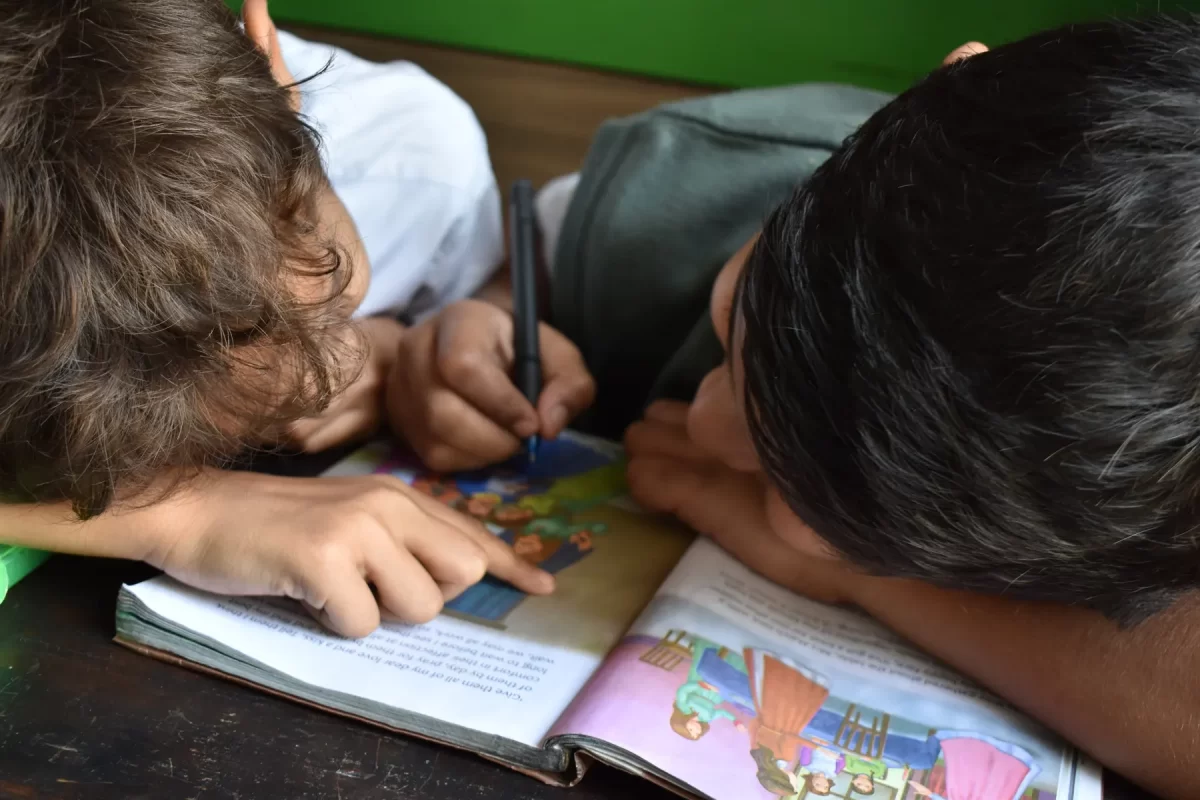Whether it's the first encounter with school or returning after summer vacation, this transition is usually painless, and children are full of enthusiasm and excitement as they start or return to school. However, for some children, change can be challenging as they struggle with the transition. Homeopathy can offer a range of excellent support for some of the physical and emotional conditions these young beings go through, helping them navigate healthier, happier, and more confidently through the school years.
Let's briefly look at some of the most common health challenges at this age: separation anxiety from family and the security of home, anticipatory anxiety about homework, exams, upcoming events, public speaking, using public toilets, problems in social interaction with other children, feelings of exclusion, effects of bullying (whether as the bully or the victim), shyness, intense sensitivity, introverted behavior, withdrawal, excessive caution and fear, stuttering, aggressive and disruptive behavior towards classmates, teachers, or family members, concentration and learning difficulties, distraction, inability to focus, reading and writing problems, etc. Zincum, Argentum nitricum, Gelsemium, Carcinosinum, Ignatia, Calcarea, Lycopodium, Sulphur, Aurum, Platina, Cuprum, Ferrum – are just a few from the treasury of proven, safe, and effective homeopathic remedies that can gently and quickly help restore the body to balance, leaving a long-lasting positive effect.

Facing these emotional battles can also put pressure on the physical body, and accompanying symptoms such as bedwetting, nightmares, sleep problems, stomachaches, headaches, skin rashes, or recurrent upper or lower respiratory infections may often be present. It is always important, of course, to thoroughly evaluate and examine the child with modern medical diagnostics to potentially detect or rule out more serious illnesses. Among them, hyperactive children, and children with sensory disorders - attention deficit disorder (ADD) and attention deficit-hyperactivity disorder (ADHD) - fall into the category of very demanding patients in pediatric practice. Conventional pharmaceutical treatment consists of stimulants such as Ritalin, Concerta, and so on – drugs that fall under narcotics legislation in many countries. Parents often hesitate to treat their children with this type of medication.
In a Swiss double-blind study on ADD/ADHD, the research team of Dr. Heiner Frei, under rigorous scientific conditions, demonstrated that homeopathy is effective in hyperactive children [Eur J Pediatr: 164 (2005): 758-767]. Long-term follow-up of study participants over five years indicates that 75% of all patients can be adequately treated with homeopathy alone, and prolonged homeopathic treatment reduces the intensity of symptoms by about 50%, even after discontinuation of treatment.
Also, another serious condition for which parents are increasingly seeking homeopathic help is autism spectrum disorder (ASD). Authors of a systematic review of the literature published in the Clinical Archives of Communication Disorders 2021; 6(1): 1-11, state that over the years there has been a significant increase in ASD, but there is no standard medical treatment available for this population. In developed countries such as the United States, an alarming increase in the prevalence of ASD has been recorded from 1 in 500 children (ten years ago) to 1 in 68 (2014) and 1 in 54 (2016). In developing countries like India, it ranges from 0.15% to 1.01%. The authors conclude that "homeopathy may prove to be a boon for the treatment of ASD because homeopathy prescribes medicines to patients based on characteristic symptoms in light of the related physical and mental aspect."
Clinical homeopathic experience in working with this population of young patients is encouraging, and homeopathic remedies such as Carcinosinum, Baryta carbonica, Hyosciamus, Stramonium, Tarentula, Bufo rana, Tuberculinum, Coffea, Veratrum album, Kali bromatum, and many others can help alleviate their suffering and improve the interaction among these children, their families, and their environment, facilitating their daily functioning.
















